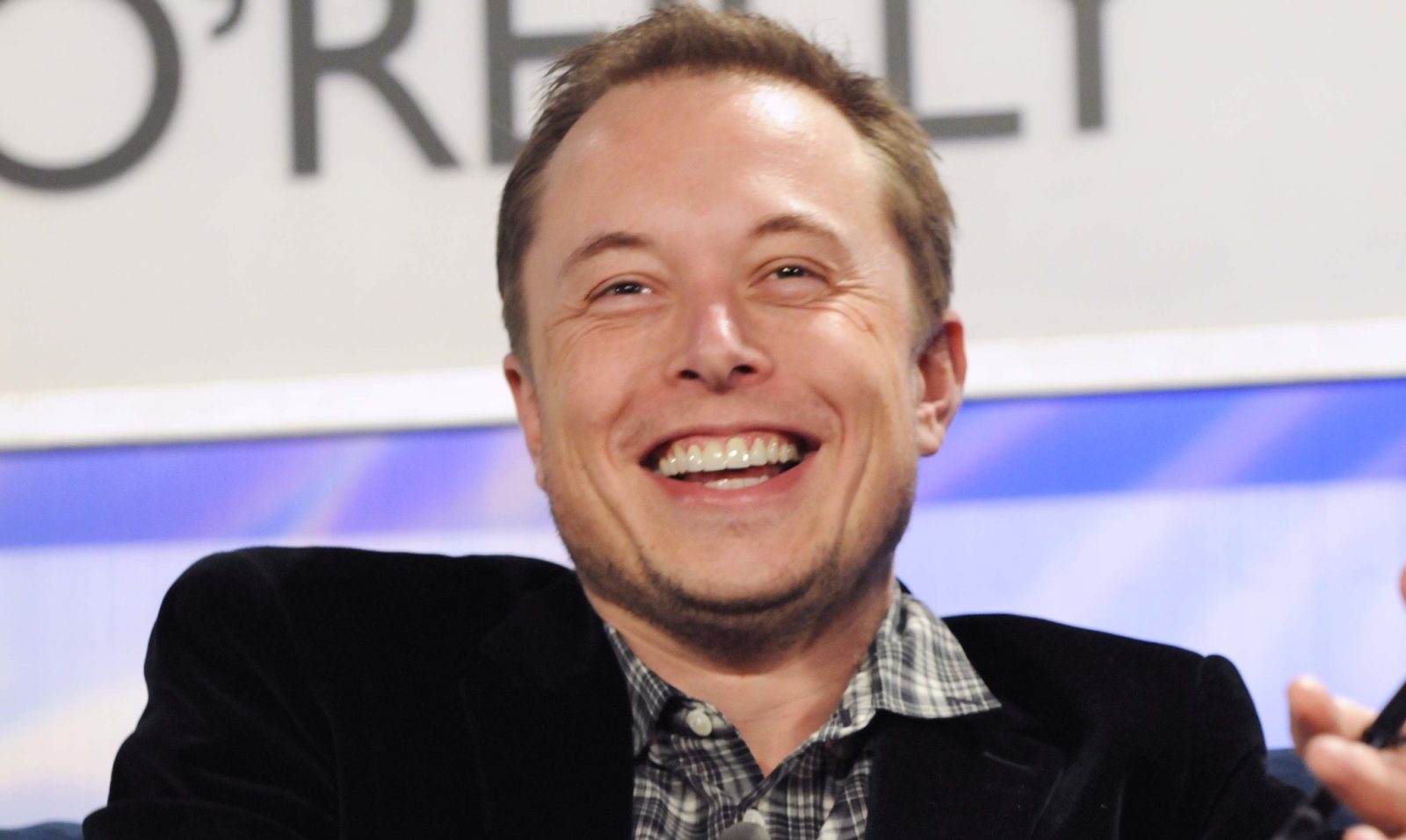
After filing twin lawsuits against the Swedish Transport Agency and the country’s postal service after workers refused to deliver license plates for its cars, Tesla can enjoy a small victory in the battle in Sweden. Hours after filing the suits, a court in Sweden has backed the automaker, offering a temporary injunction to get the plates to the company within a week.
On November 20, workers from the Swedish postal service PostNord joined the action against Tesla in a sympathy strike, refusing to deliver the plates until Telsa signed a collective bargaining agreement with IF Metall. Since last week, workers have disrupted the Swedish Transport Agency’s deliveries of Tesla license plates, since regulations require the plates to be sent via PostNord AB.
Reuters reports that Telsa filed two separate lawsuits on Monday asking the court to have the Swedish Transport Agency hand over the plates directly or find a workaround to deliver them another way. Within hours, Norrkoping district court sided with Telsa, ruling that the Swedish agency must deliver the plates to Tesla within seven days or pay a fine of 1 million Swedish crowns ($95,000). Tesla CEO Elon Musk took to X and posted “Thank you, Sweden!”
The second lawsuit against PostNord, which is also blocking other deliveries and mail for Tesla, is still awaiting a court ruling. According to Bloomberg, PostNord has said its hands are tied and has no power in the matter.
Still, it’s far from being game over for the uproar in Sweden. The monthlong strike by IF Metall has drawn thousands of workers into the fold, with unions representing postal workers, dock workers, janitorial staff, and electricians calling for action against Telsa until it signs the collective bargaining agreement with IF Metall. In Norway, Fellesforbundet, the largest union in the Norwegian private sector, has also joined in, saying it would block Swedish Teslas from coming into Norwegian ports.
Unions are an essential part of the Swedish labor model, and have wide-ranging power to exert pressure when other unions engage in conflicts with companies. About 90% of the workforce belong to trade unions and are protected by employee contracts that work to standardize pay, insurance, and pensions, as well as protect worker conditions.
This story isn’t without precedent: Back in 1995, Toys ‘R’ Us faced a similar battle when entering Sweden and refusing to sign a collective bargaining agreement with a Swedish retail store employee union. After three months of solidarity strikes when unions blocked deliveries and crippled the company’s operations, along with other countries encouraging boycotts of Toy ‘R’ Us products, the US toy company finally signed the deal.
Tesla first entered Sweden in 2013 and has said that it follows Swedish labor market rules. Still Tesla has a policy of not signing collective bargaining agreements, saying that its employees have solid or even better terms of employment than those demanded by IF Metall.
